Discover Pakistonomy
Pakistonomy

268 Episodes
Reverse
In this episode, Uzair talks to Ali Khizar about the ongoing dynamics in Pakistan's foreign exchange market, why the rupee is overvalued, and how interest rate cuts without depreciation of the currency would be a bad idea.
You can read Ali's recent piece on this topic here: https://www.brecorder.com/news/40396210
In this episode, Uzair talks to Anna Twum about Pakistan’s export potential, how import tariffs hurt the export economy, and the ways in which Pakistan’s $60bn export potential can be met.
Anna Twum is an economist at the World Bank and recently helped write the Pakistan Economic Update published by the World Bank. You can read the full report here: https://thedocs.worldbank.org/en/doc/972c49ee47cc09d4face97b09ea64362-0310012025/original/Pakistan-Development-Update-Staying-the-Course-for-Growth-and-Jobs-October-2025.pdf
Chapters:
0:00 Introduction
2:15 Why are exports low?
17:30 Import taxes and exports
33:20 Energy reforms
41:30 FDI for exports
In this episode, Uzair talks to Zeeshan Khattak, Commissioner at the Securities & Exchange Commission of Pakistan (SECP) about the deepening of financial markets in Pakistan and the ways in which the SECP is trying to expand access to finance at the individual and corporate level.
Mr. Zeeshan Rehman Khattak joined the SECP as Commissioner in November 2024. He has over two decades of local and international experience in Real Estate Investment & Management, Regulatory Affairs, Wealth Management, and Development of Export-led Technology Infrastructure.
Mr. Khattak brings rich experience in capital markets, regulatory oversight and assets’ management. Mr. Khattak’s most recent association was with Pakistan Software Export Board (PSEB) as Chief Commercial Officer and additionally as Chief Executive Officer designate.
Chapters:
0:00 Introduction
2:20 SECP’s priorities
11:25 Savings via digital gold
14:20 Regulatory sandboxes
25:05 Focus on startups
27:30 Climate finance
In this episode, Uzair Younus sits down with Kamran Bokhari to unpack the implications of the landmark Mutual Defence Agreement recently signed between Saudi Arabia and Pakistan. With both nations pledging that “any aggression against either country shall be considered an aggression against both,” the agreement marks a significant moment in bilateral military cooperation.
Uzair and Kamran explore what motivated this pact, including the evolving regional security dynamics—particularly rising tensions from recent events in the Gulf—and what this means for both countries’ sovereignty, deterrence capabilities, and diplomatic posturing.
In this episode, Uzair talks to Ashish Pradhan about the revolution in Nepal and what comes next for the country. We focused on the underlying factors that led to the outburst of protests across the country, how the royalists tried to capture power, and what the priorities of the new interim prime minister are. We also talked about the role of foreign powers in the country, especially India and China.
Ashish Pradhan is Senior Adviser to the President at International Crisis Group where he supports the president's highest priorities and helps execute special projects aligning with the organisation's strategic goals. Prior to this role, Ashish served as Crisis Group's Senior UN Analyst and represented the organization at the United Nations. He previously served as Crisis Group's Nepal expert, conducting research on the post-conflict peace process.
Chapters:
0:00 Introduction
2:00 Structural issues in Nepal
14:30 Social media ban
22:30 Violence, army, and royalists
31:10 Sushila Karki’s priorities
38:30 Elections and Gen-Z
45:00 Role of India and China
In this episode, Uzair talks to Khurram Husain about the ongoing economic situation in Pakistan where the foreign currency market is under strain. We discuss what is driving this shift, and how “over-extraction” is the policy focus right now in the country. We also spoke about protests in the region and what they tell us about the role of economic discontent and the limits of repression in socieities.
You can read Khurram’s latest columns here:
https://www.dawn.com/news/1939561/extracting-dollars
https://www.dawn.com/news/1941112/three-years-three-uprisings
Chapters:
0:00 Introduction
1:50 Over-extraction and dollars
17:20 Why fix the dollar rate
24:10 Protests and regime collapse
36:00 Lessons for Pakistan
Uzair talks to Pranay Kotasthane about the growing tensions in U.S.–India economic relations and the difficult road ahead for deeper trade integration. We discuss what went wrong in the bilateral relationship after the high-profile Trump Modi summit, the domestic political constraints that make agricultural and dairy sector reforms difficult in India, and why India’s reliance on fiscal incentives like PLI may not be the silver bullet for manufacturing growth. We also explore whether India’s decision to stay out of RCEP was a strategic misstep, and what it would take for the country to meaningfully integrate into global supply chains. Finally, we reflect on the broader trajectory of the U.S.–India partnership and what both sides need to do to steady the course.
Pranay Kotasthane is deputy director of the Takshashila Institution, where he chairs the High Tech Geopolitics Programme. He co writes Anticipating the Unintended, a newsletter on public policy, and co hosts Puliyabaazi, a popular Hindi Urdu podcast on politics, policy, and technology.
You can read Pranay’s newsletter here - https://publicpolicy.substack.com/p/315-beyond-the-hype
Reading Recommendations
1. Deborah A. Stone — Policy Paradox: The Art of Political Decision Making
2. Rutger Bregman — Humankind: A Hopeful
Chapters:
0:00 Introduction
2:45 State of US-India relations
14:30 India’s Evolving foreign policy
24:10 Supporting Indian businesses
31:40 Agriculture reforms and protectionism
39:00 RCEP and its impact
48:40 Reading recommendations
Uzair talks to Dr. Irfan Nooruddin about the growing volatility in U.S.–India relations under President Trump. We discuss the impact of the 25% tariff imposed on Indian goods, the administration’s criticism of India’s oil trade with Russia, and the challenges around H-1B visas and illegal immigration. We also talk about the political constraints facing Prime Minister Modi in Delhi and what all this means for the future of the bilateral relationship.
Dr. Irfan Nooruddin is the Hamad bin Khalifa Professor of Indian Politics at Georgetown University. He is the author of The Everyday Crusade, Elections in Hard Times, and Coalition Politics and Economic Development. His work focuses on democratization, international political economy, and policymaking in the Global South.
Chapters:
0:00 Introduction
1:20 State of play in the relationship
8:30 MAGA’s view of India
23:15 Indian right wing’s bet on Trump 2.0
30:50 What can India do to make a deal with Trump?
42:40 Impact of Operation Sindoor on US-India ties
Uzair talks to Dr. Neda Bolourchi about the recent Israel-Iran-US conflict and its key takeaways. We also talked about whether the Iranian government is secure, the chances of diplomacy working, and Iran’s future role in the Middle East.
Dr. Neda Bolourchi is an interdisciplinary Middle East scholar and Associate Director of the Center for Middle Eastern Studies at Rutgers-New Brunswick. Her work includes international and comparative human rights legal analysis and foreign policy studies.
Chapters:
0:00 Introduction
3:00 Key takeaways
16:50 Is the Iranian regime secure?
24:45 Understand regime politics
31:05 Iran’s future in the Middle East
38:15 Reading recommendations
Book Recommendations:
- Total Defense: The New Deal and the Invention of National Security by Andrew Preston
- Opera as Drama by Joseph Kerman
- Boom Town: The Fantastical Saga of Oklahoma City, Its Chaotic Founding... Its Purloined Basketball Team, and the Dream of Becoming a World-class Metropolis by Sam Anderson
In this episode, Uzair talks to Khurram Husain about the 2025 budget and what the government got wrong. We also talked about Pakistan’s ability to extract geopolitical rents and how this stunts the reform agenda in the country.
You can read Khurram’s latest column on the budget here - https://www.dawn.com/news/1916673/thrashing-around
Chapters:
0:00 Introduction
1:45 Budget assessment
11:10 Solar power access
20:20 Geopolitical rents and Pakistan
38:40 Conclusion
Uzair talks to Dr. Kamran Bokhari about what the Trump Administration and his MAGA movement wants to achieve in the foreign policy and geopolitical realms. This is an area where there is still a lot of misconceptions about what Trump wants and the goals of his movement. Dr. Bokhari breaks down his assessment of the White House’s goals from Europe and the Middle East to China.
Finally, Dr. Bokhari also shares what he has picked up from the conversation in Washington about the recent India-Pakistan war.
Dr. Kamran Bokhari is the Senior Director of the Eurasian Security and Prosperity portfolio at the New Lines Institute. He served as Director of the Analytical Development Department from 2019 to 2023. Dr. Bokhari is also a national security and foreign policy specialist at the University of Ottawa’s Professional Development Institute. Some of the recent pieces of analyses he has written are worth a read:
- https://geopoliticalfutures.com/what-the-latest-india-pakistan-conflict-means-for-the-us/
- https://geopoliticalfutures.com/pakistans-crucial-role-in-chinas-military-strategy/
- https://geopoliticalfutures.com/postwar-security-in-gaza/
- https://geopoliticalfutures.com/a-new-reality-in-the-india-pakistan-conflict/
Chapters:
0:00 Introduction
2:20 What does Trump want?
10:30 Evolving situation in Europe
20:18 Russia-China nexus
26:50 Israel, Iran, and the Middle East
43:30 Dealing with a rising China
54:40 Washington’s view on India-Pak War
Uzair talks to Dr. Sahar Khan about her key takeaways from the recent India-Pakistan war and why this conflict was an inflection point. We also talked about the role of international diplomacy, particularly the United States. Finally, the conversation also looked at what could happen in the next crisis, and the ways in which better engagement could avert total disaster.
Dr. Sahar Khan is an independent analyst and an expert on South Asian regional dynamics and strategic stability. She is based in Washington, DC.
Chapters:
0:00 Introduction
1:50 Key takeaways from the war
27:50 Role of diplomacy and the US
37:30 What happens in the next crisis?
51:45 Reading recommendations
You can access Dr. Khan’s recent commentary here:
- https://inkstickmedia.com/the-myths-that-keep-india-and-pakistan-at-war/
- https://theworld.org/segments/2025/05/22/surge-in-popularity-for-pakistani-military
- https://www.scmp.com/opinion/asia-opinion/article/3310688/rapid-escalation-india-pakistan-clashes-warning-new-tech-dangers
Uzair talks to Colonel Ajai Shukla (retired) about the fallout of the Pahalgam terror attack in Kashmir. We spoke about the state of the insurgency in the region, how their tactics and strategies are evolving, and what can be done to improve security. In addition, we also touched on the prospects of a India-Pakistan war and potential off ramps that could be available for either side to take.
Colonel Ajai Shukla (Retired) is a columnist and freelance journalist. He writes on strategic affairs, defence policy, military technology and the defence economy. He has written extensively for Business Standard, a pan-India daily; and for The New York Times, Guardian, BBC, Al Jazeera and South China Morning Post. He hosts a defence affairs blog, Broadsword (ajaishukla.com), which is visited daily by over 5,000 readers from across the world.
Chapters:
0:00 Introduction
2:00 Normalcy in Kashmir
6:00 Evolution of tactics
11:40 Intelligence failures and counterinsurgency
19:20 Evidence about links to Pakistan
25:30 India-Pakistan tensions
31:10 General Munir’s strategy
35:10 Conclusion
Uzair talks to Dr. Hassan Abbas about the ongoing standoff between India and Pakistan following the recent terror attack in Kashmir. We talked about what options are on the table for both sides, the role of the United States, and why engagement and negotiations are the only path forward for both countries.
Dr. Hassan Abbas is Distinguished Professor of International Relations at the Near East South Asia Strategic Studies Centre (NESA), National Defense University in Washington DC. He serves as a senior advisor at Project on Shi’ism and Global Affairs at Harvard University’s Weatherhead Center for International Affairs, and his current research work focuses on building narratives for countering political and religious extremism & rule of law reforms in developing states.
Chapters:
0:00 Introduction
2:30 Backdrop of the terror attack
14:20 Allegations and evidence
18:50 Narratives and media
25:10 Commitment traps
29:40 US response so far
36:30 Misreading the other side
Uzair talks to Muhammad Faisal about the fallout from the recent terror attack in Kashmir and the options both India and Pakistan have moving forward. We talk about the nuclear stability risks in the region as well as potential off-ramps that can help deescalate the situation.
Muhammad Faisal is a Research Fellow at the University of Technology in Sydney and an expert in strategic stability and India-Pakistan relations.
Chapters:
0:00 Introduction
2:30 What led to this crisis?
15:40 Options for both sides
33:30 Off ramps and deescalation
In this episode, Uzair talks to Adil Husain about his perspective on how AI is going to disrupt the labor market and create new opportunities for young talent in markets like Pakistan. Adil is an entrepreneur and strategist based in Washington.
You can read his full piece here - https://adilhusain.substack.com/p/the-real-ai-threat-is-a-27-year-old
If you want to get in touch with Adil, message him on LinkedIn - https://www.linkedin.com/in/adilhusain
In this episode, Uzair talk to Abdul Moiz Jaferii about the frivolous cases against journalist Farhan Mallick, who was arrested during Ramzan and given bail after Eid. We discussed the ways in which a process was used to deliver punishment against him, and how the state of Pakistan is moving towards criminalizing thought in the country.
Abdul Moiz Jaferii was part of the legal team that is continuing to represent Mr. Mallick in his ongoing cases.
Uzair talks to Zahid Husain about the worsening security situation in Balochistan, which has led the army chief to assert that Pakistan must become a “hard state.” We discussed what can be defined as a hard state, and also try to understand the reasons for why Zahid Husain calls Pakistan a “predator state.”
Zahid Husain is an author and journalist who writes a weekly column for Dawn. You can read his latest column titled “A Predator State” here: https://www.dawn.com/news/1900408
Chapters:
0:00 Introduction
1:40 What is a predator state?
15:10 The state’s colonial mindset
24:10 Difference in KPK and Balochistan
33:50 Anti-military sentiment in Punjab
38:10 Evolving views on military intervention
Uzair talks to Adil Mansoor about the state of Pakistan’s agriculture sector and the outlook for the year. We focused on the wheat and sugar markets, whether deregulation is here to stay, and the ways in which farmers have dealt with collapsing wheat prices.
Adil Mansoor is an agriculture analyst and writes for Business Recorder Research.
Chapters:
0:00 Introduction
1:40 Water shortages
4:10 Wheat outlook
18:00 Food inflation coming back?
24:20 Sugar prices
36:50 Storage and supply chain issues
42:00 Market reforms
Uzair talks to Arifa Noor about the mood in Islamabad after the Jaffer Express terror attack in Balochistan. We discussed the failures of Pakistan’s Balochistan policy, why political elites have continued to cede space to the military on key topics, and the decline in parliament’s standing over the years.
Arifa Noor is a journalist at Dawn and host of the TV show Newswise.
Chapters:
0:00 Introduction
1:50 Jaffer Express fallout
13:10 PPP pushes back against canal projects
23:10 PTI and an opposition alliance
31:30 Media blackouts and conspiracy theories


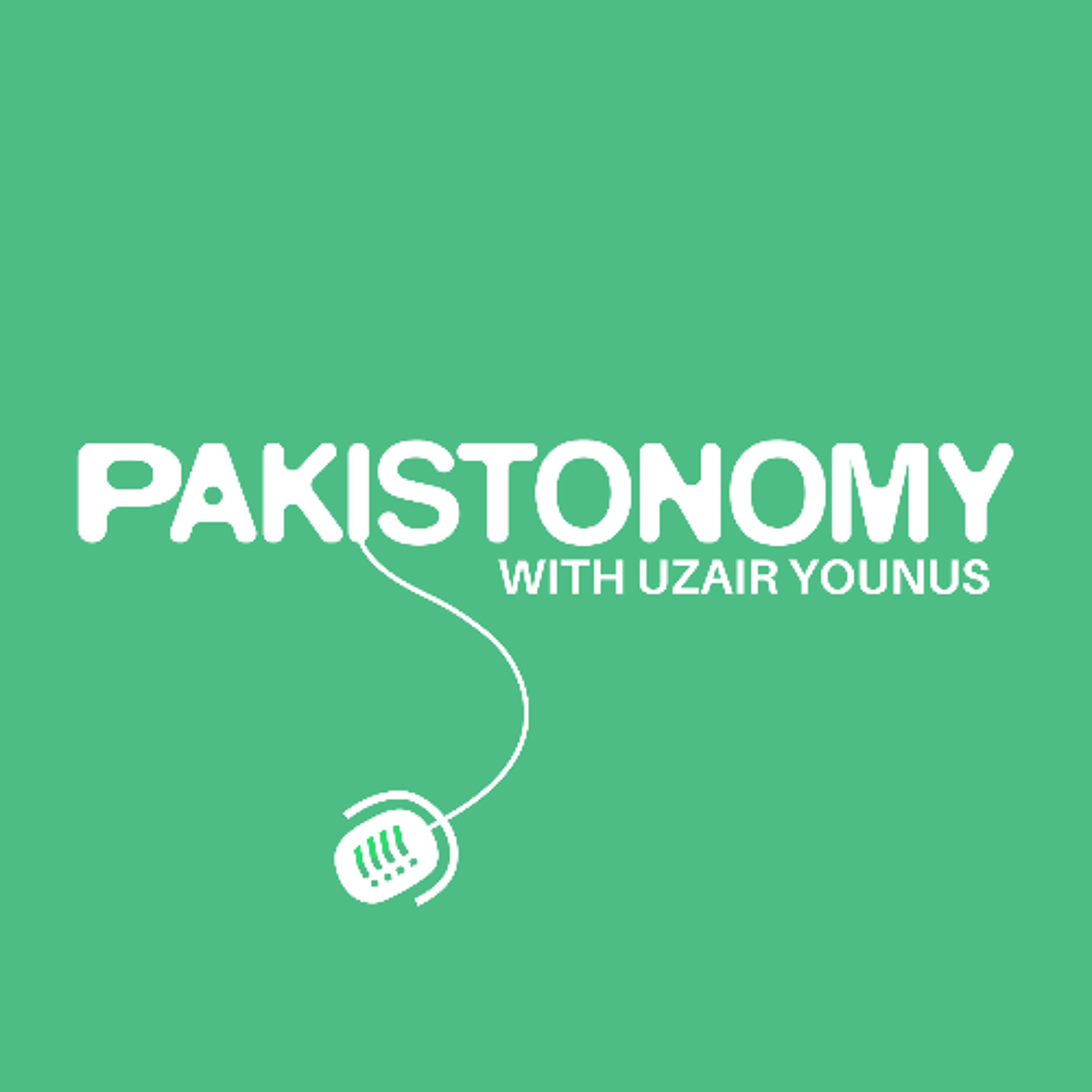
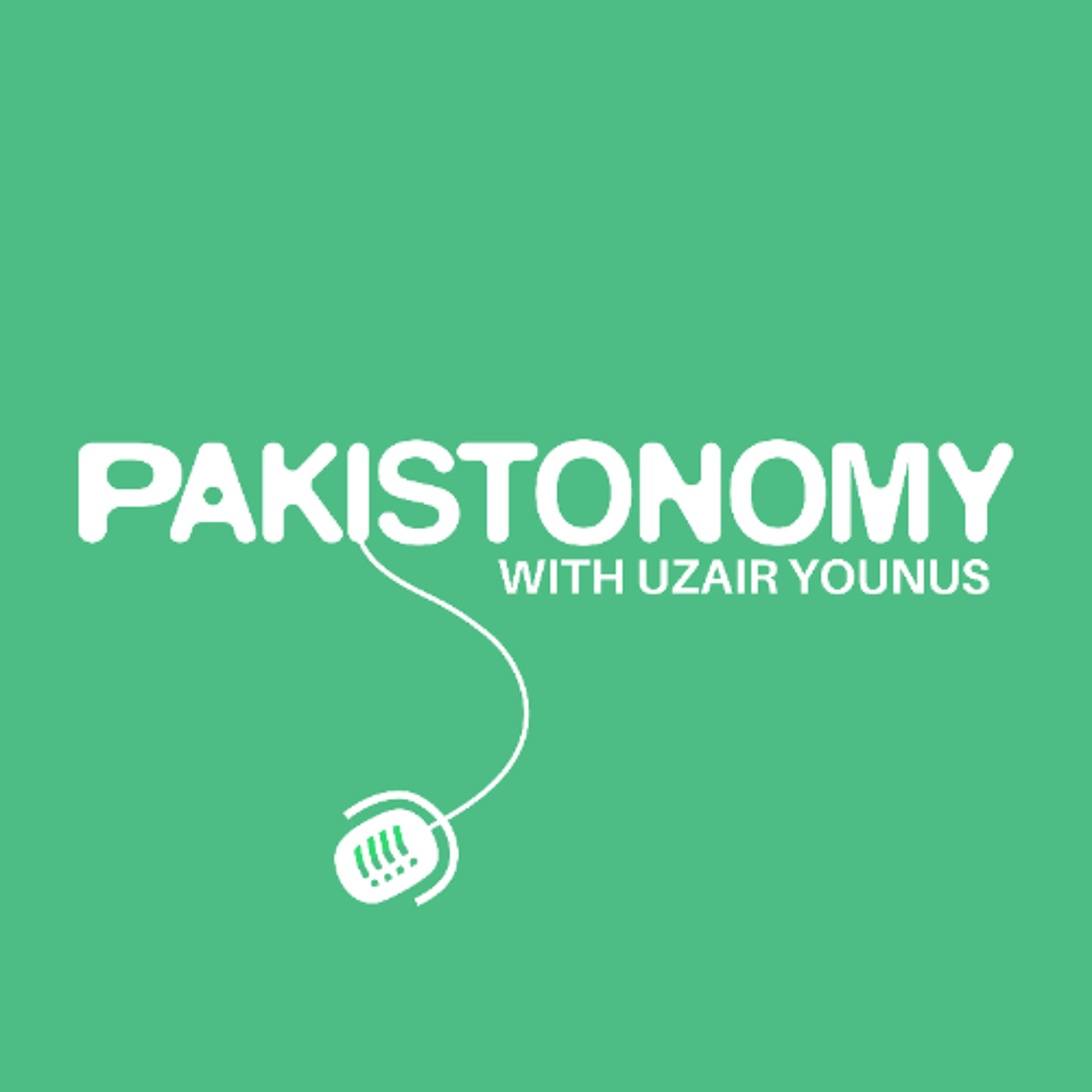
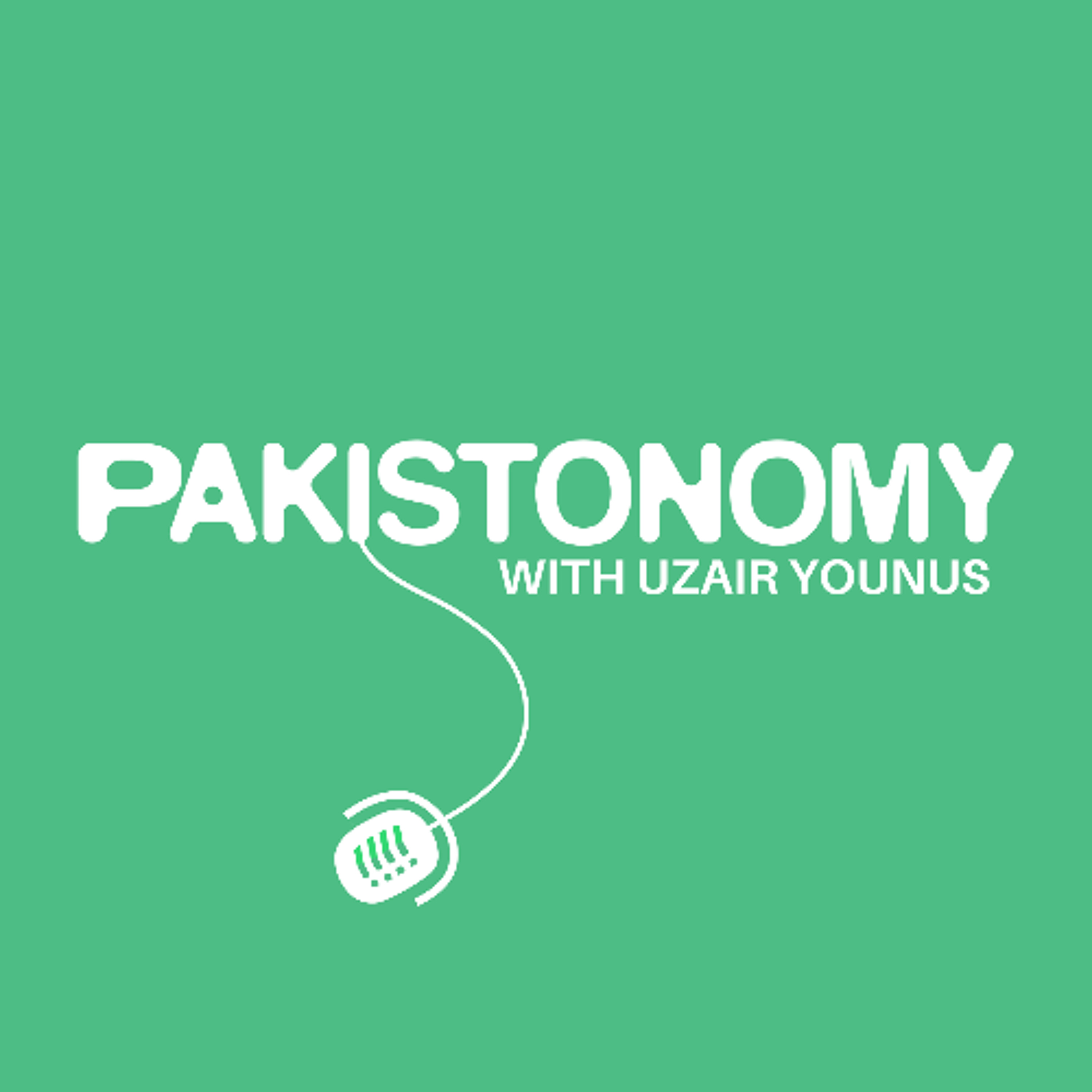
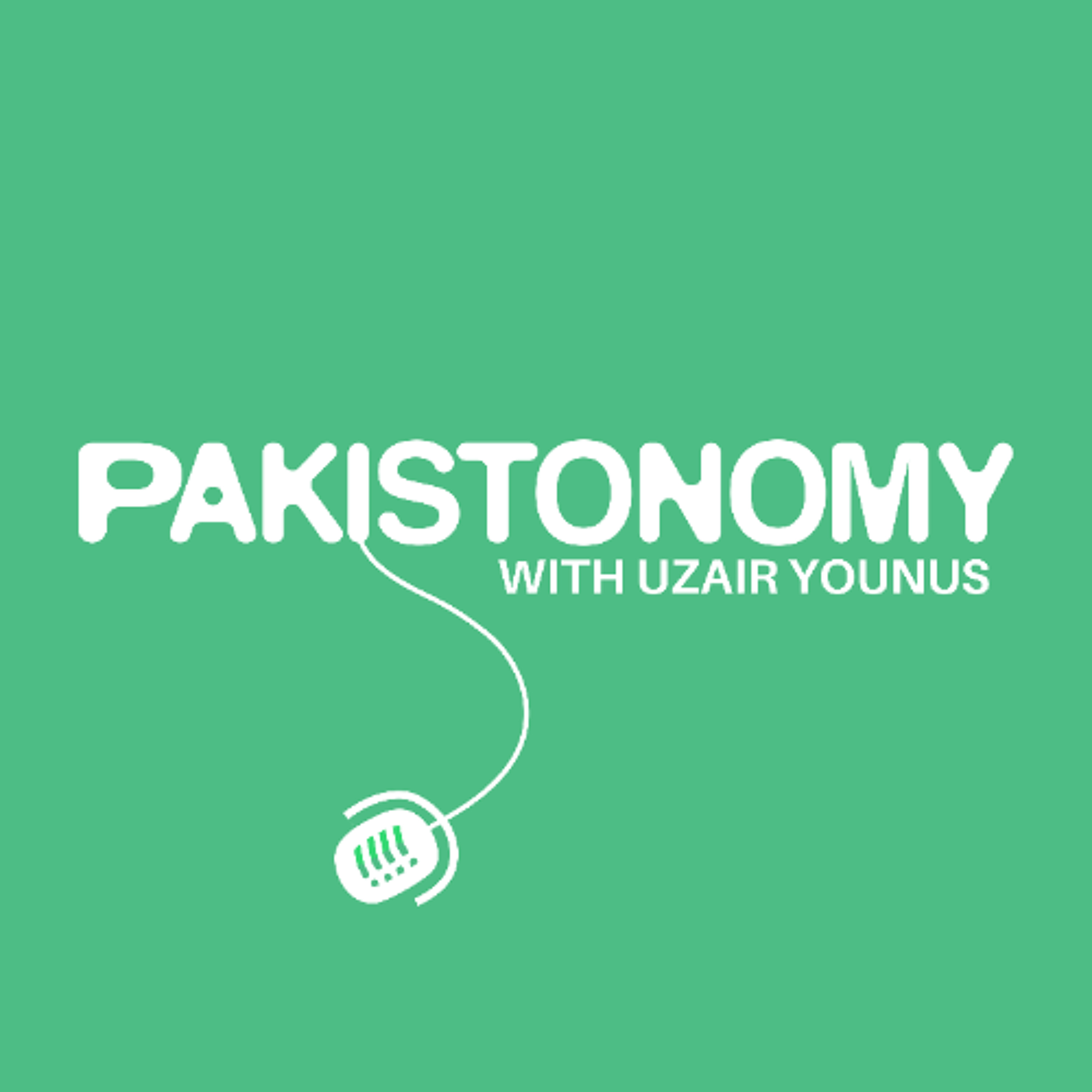

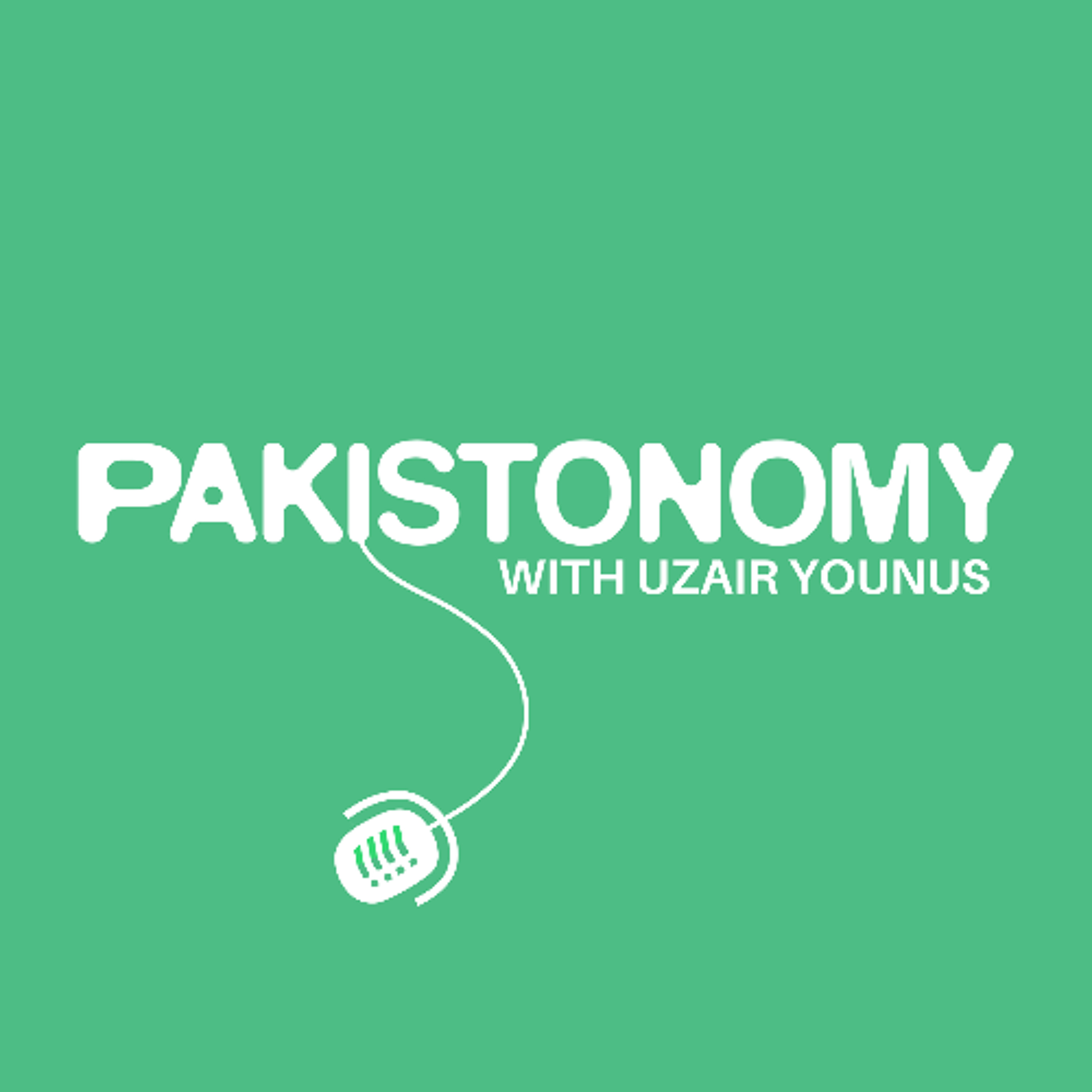



Informative as usual. A very good thing about your podcasts is how you link information with real world and how it applies practically.
Worst sound quality
Good and informative Podcast with worst audio quality i have ever listened